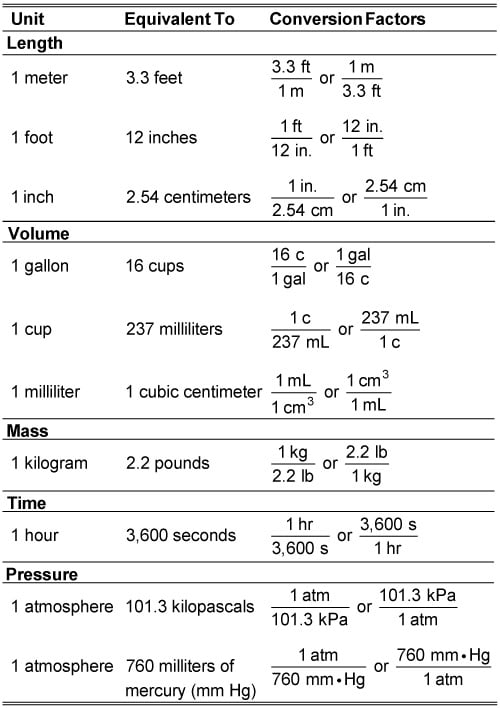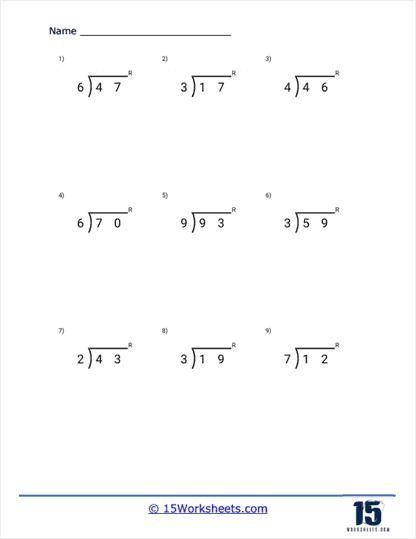7 Essential Metric Unit Conversions to Master

Understanding the Importance of Metric Unit Conversions
In today’s globalized world, it’s essential to be familiar with the metric system and its various unit conversions. The metric system, also known as the International System of Units (SI), is used in most countries and is the standard system of measurement in science, technology, and international trade. Mastering metric unit conversions can help you navigate everyday situations, communicate effectively with people from different countries, and even advance your career in fields like science, engineering, and finance.
The 7 Essential Metric Unit Conversions
Here are seven essential metric unit conversions that you should know:
1. Length Conversions
- Meter (m) to Centimeter (cm): 1 m = 100 cm
- Meter (m) to Millimeter (mm): 1 m = 1000 mm
- Kilometer (km) to Meter (m): 1 km = 1000 m
These conversions are crucial for measuring distances, heights, and widths in various fields like architecture, engineering, and geography.
2. Mass Conversions
- Gram (g) to Kilogram (kg): 1 kg = 1000 g
- Gram (g) to Milligram (mg): 1 g = 1000 mg
- Ton (t) to Kilogram (kg): 1 t = 1000 kg
Understanding these conversions is vital for measuring weights, masses, and densities in fields like physics, chemistry, and trade.
3. Volume Conversions
- Liter (L) to Milliliter (mL): 1 L = 1000 mL
- Liter (L) to Cubic Meter (m³): 1 m³ = 1000 L
- Cubic Meter (m³) to Cubic Centimeter (cm³): 1 m³ = 1,000,000 cm³
These conversions are essential for measuring volumes of liquids, gases, and solids in fields like chemistry, biology, and engineering.
4. Temperature Conversions
- Celsius (°C) to Kelvin (K): K = °C + 273.15
- Celsius (°C) to Fahrenheit (°F): °F = (°C × 9⁄5) + 32
- Fahrenheit (°F) to Celsius (°C): °C = (°F - 32) × 5⁄9
Understanding temperature conversions is vital for measuring temperatures in various fields like physics, chemistry, and meteorology.
5. Time Conversions
- Second (s) to Millisecond (ms): 1 s = 1000 ms
- Second (s) to Minute (min): 1 min = 60 s
- Hour (h) to Second (s): 1 h = 3600 s
Mastering time conversions is essential for measuring time intervals, frequencies, and periods in fields like physics, engineering, and finance.
6. Energy Conversions
- Joule (J) to Kilowatt-hour (kWh): 1 kWh = 3,600,000 J
- Joule (J) to Calorie (cal): 1 cal = 4.184 J
- Watt (W) to Kilowatt (kW): 1 kW = 1000 W
Understanding energy conversions is vital for measuring energy quantities, efficiencies, and power consumption in fields like physics, engineering, and environmental science.
7. Pressure Conversions
- Pascal (Pa) to Atmosphere (atm): 1 atm = 101,325 Pa
- Pascal (Pa) to Millimeter of Mercury (mmHg): 1 mmHg = 133.322 Pa
- Bar (bar) to Pascal (Pa): 1 bar = 100,000 Pa
Mastering pressure conversions is essential for measuring pressures, stresses, and forces in fields like physics, engineering, and materials science.
Notes
📝 Note: It's essential to remember that the metric system is based on the International System of Units (SI) and uses prefixes like kilo-, centi-, and milli- to denote different orders of magnitude.
📝 Note: When converting between units, make sure to use the correct conversion factors and formulas to avoid errors.
Conclusion
Mastering the seven essential metric unit conversions can help you navigate various everyday situations, communicate effectively with people from different countries, and advance your career in fields like science, engineering, and finance. By understanding these conversions, you’ll be able to solve problems, make informed decisions, and work more efficiently in a globalized world.
What is the most common unit of measurement in the metric system?
+The most common unit of measurement in the metric system is the meter (m) for length, gram (g) for mass, and liter (L) for volume.
How do I convert between different units of measurement in the metric system?
+To convert between different units of measurement in the metric system, use the correct conversion factors and formulas. For example, to convert meters to centimeters, multiply the number of meters by 100.
Why is it important to master metric unit conversions?
+Mastering metric unit conversions is essential for navigating everyday situations, communicating effectively with people from different countries, and advancing your career in fields like science, engineering, and finance.



